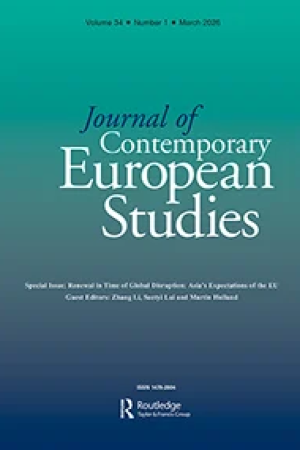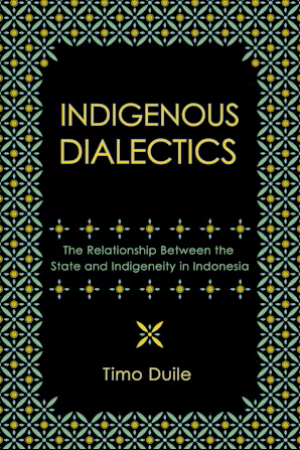Research
The Mario Einaudi Center for International Studies is Cornell's hub for global thinking and action. From Bangkok to Bogota, from Kolkata to Kyiv, Einaudi’s global research helps us all make sense of the world.
Join Us for Research and Engagement
The Einaudi Center's students, faculty, postdocs, and visiting scholars cross disciplinary lines to address some of the world’s most pressing problems. We join forces annually around one cross-cutting issue where the stakes for ordinary citizens are high and informed voices about the conditions that shape our lives are critically needed.
This broad theme structures a range of collaboration and funding opportunities, community conversations, academic activities, and events throughout the academic year.
World in Focus: Briefs and Talks
Our faculty's research and policy insights put the world in focus. Explore World in Focus Briefs.
World in Focus Talks focus on global events in the news and on your mind. Join Einaudi Center experts for informal campus discussions on many Tuesday afternoons. Watch Einaudi events for upcoming topics.








